Partnerships
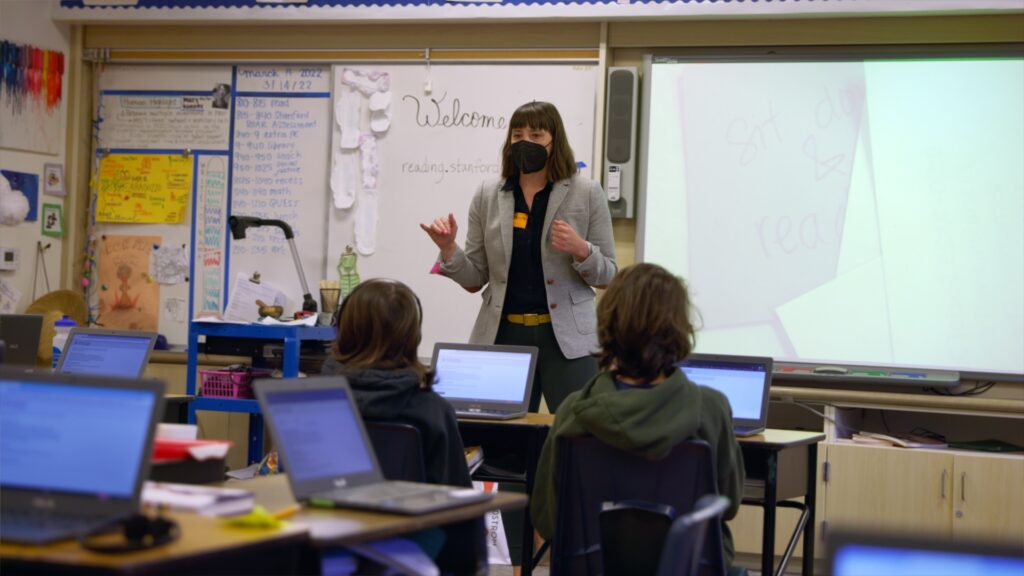
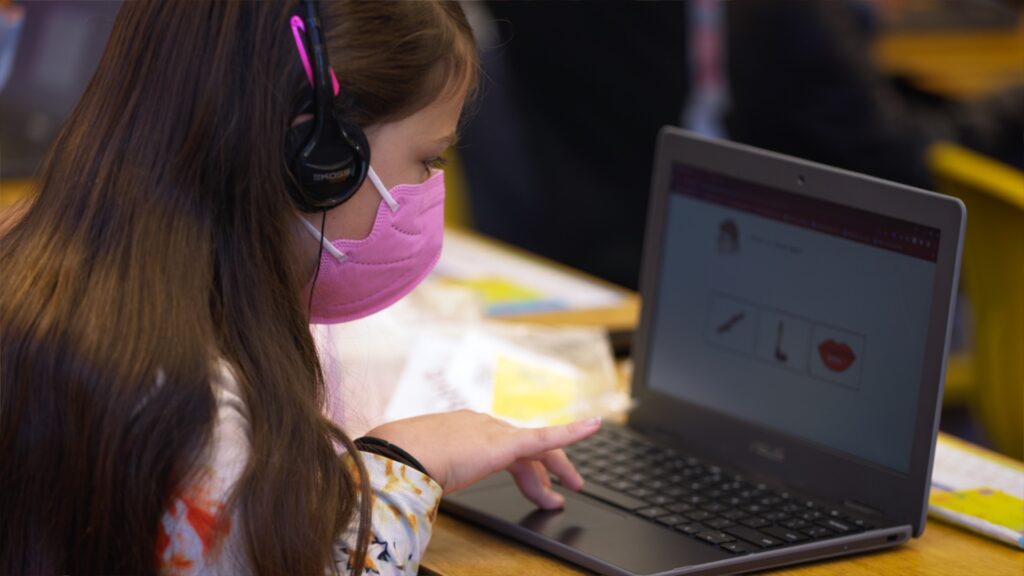
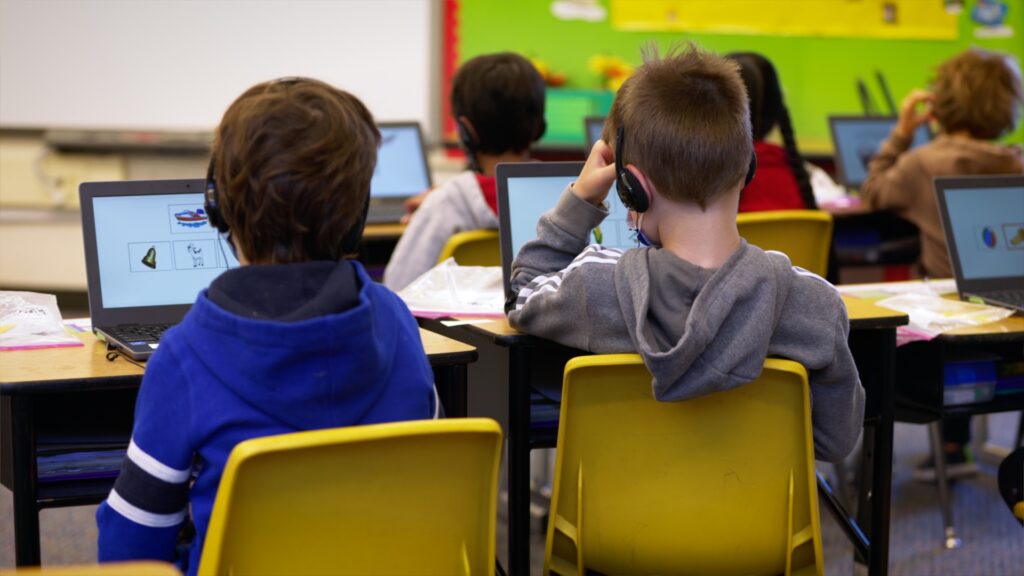
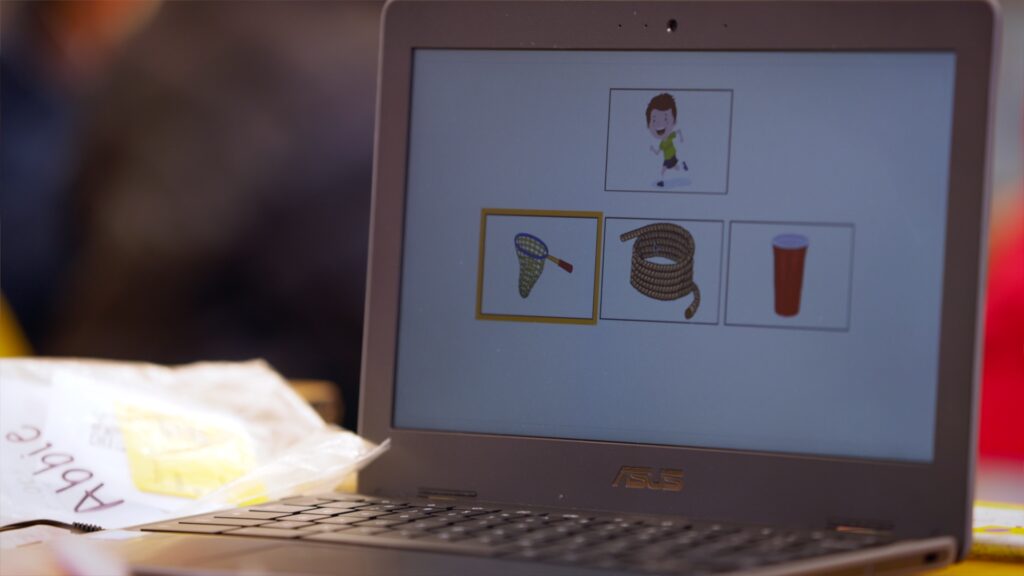
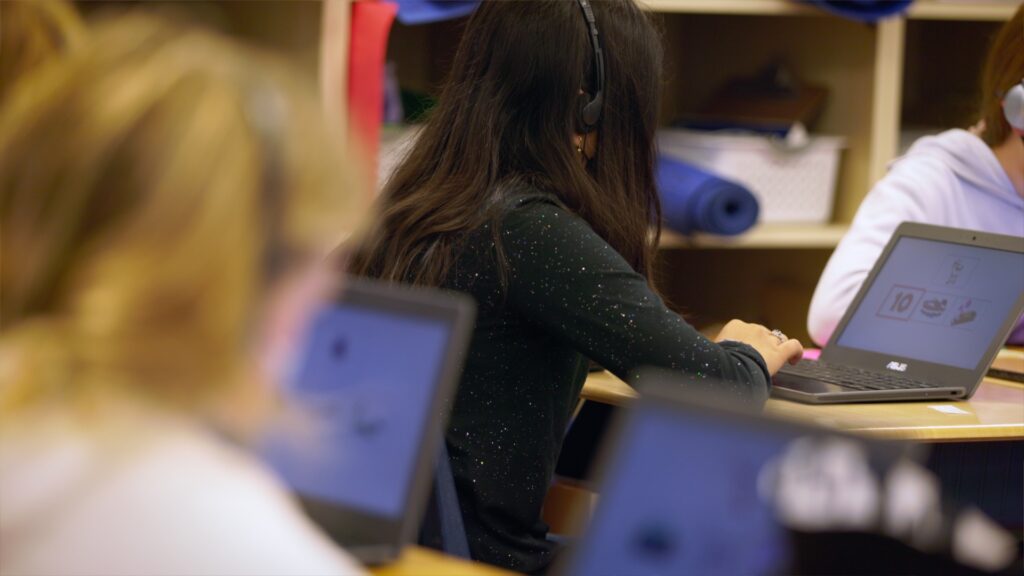
We are currently partnering with school districts, clinics for learning disabilities, and community-based organizations on research collaborations. Through these research-practice partnerships (RPPs) we are crafting our online assessment tools around the challenges that educators and clinicians face.
We support our partners in administering our research assessment at scales ranging from hundreds to thousands of students and provide professional development to assist with data interpretation. The data enable us to improve these tools, build new assessments, and answer research questions about the science of reading.
Through these collaborations, we hope to develop a suite of automated, online assessment tools that are grounded in ongoing research and serve the needs of educators, clinicians, and other researchers.
Current Research Questions & Opportunities for Collaboration
- Full-District ROAR
- Spanish Validation
- Educator Focus Groups
We are seeking a few large urban district partners who are interested in rolling out the ROAR district-wide, for whom we can provide that full-district snapshot of decoding skills across the grades. This will provide the backbone of research around the prevalence of issues with decoding skills nationwide. This will also provide the rest of the validation and reliability data we need for the English ROAR, so we can make the open-access assessment available for schools and families nationwide.
We are in early conversations about this with several school districts across the country. These districts have found value in having this district-wide snapshot of these specific skills that could support their thinking about instruction in reading. They also find ROAR appealing as a reliable measure that is similar across grades and over time. These partners are interested long-term in how research around decoding skills and dyslexia will support their reading instruction across the grades into the future.
We would love for you to join these districts in a district-wide rollout, which would take 10 minutes for every student to receive a screening for foundational reading skills. There is no training required; students would simply log into Clever and play the game. Optionally, every student could play the full suite of games for 40-minutes, providing detailed profiles of reading skills district-wide. As your district’s interest in this data grows, we could continue to provide ROAR to you indefinitely.
We are interested in validating the Spanish ROAR. This smaller study would provide your district detailed information on the reading and language skills of students in the participating schools. A smaller validation study now could lay the groundwork for a potential larger rollout in the future.
For the Spanish ROAR validation, we would work with your district to determine which schools or classrooms would most appreciate the data on decoding skills across languages and across the grades. This study would have two components.
The first component would require at least 600 students in grades 1-12 (300 Spanish-speaking, 300 English-only) to take the English ROAR Single Word Recognition and Vocabulary assessments (10-20 minutes altogether).
The second component would require 120 Spanish-speaking students across the grades 1-12 to also take the Spanish ROAR Single Word Recognition and Vocabulary assessments. They could do this during class, for instance, if you would like this information for a whole school, or for a Spanish bilingual program. For these 120 Spanish-speaking students, we would come and provide the English and Spanish Woodcock-Johnson assessments (approximately 30 minutes/student). These would be run by our research assistants at no cost, and we would provide the school with the scores. This would be especially beneficial for schools that would like more fine-grained data on the English and Spanish language and reading skills of its Spanish-speaking students, especially long-term English learners. We can assess more than 120 students this way if it would be beneficial for a particular school or schools!
We value the opinion of education professionals. In order to develop a tool that will be beneficial for educators, we are looking for educators who would be interested in providing in-depth feedback on their experiences using the ROAR. This feedback will be used to improve the assessments and score reporting for use in schools.
Educators interested in participating in focus groups would be compensated for their time.
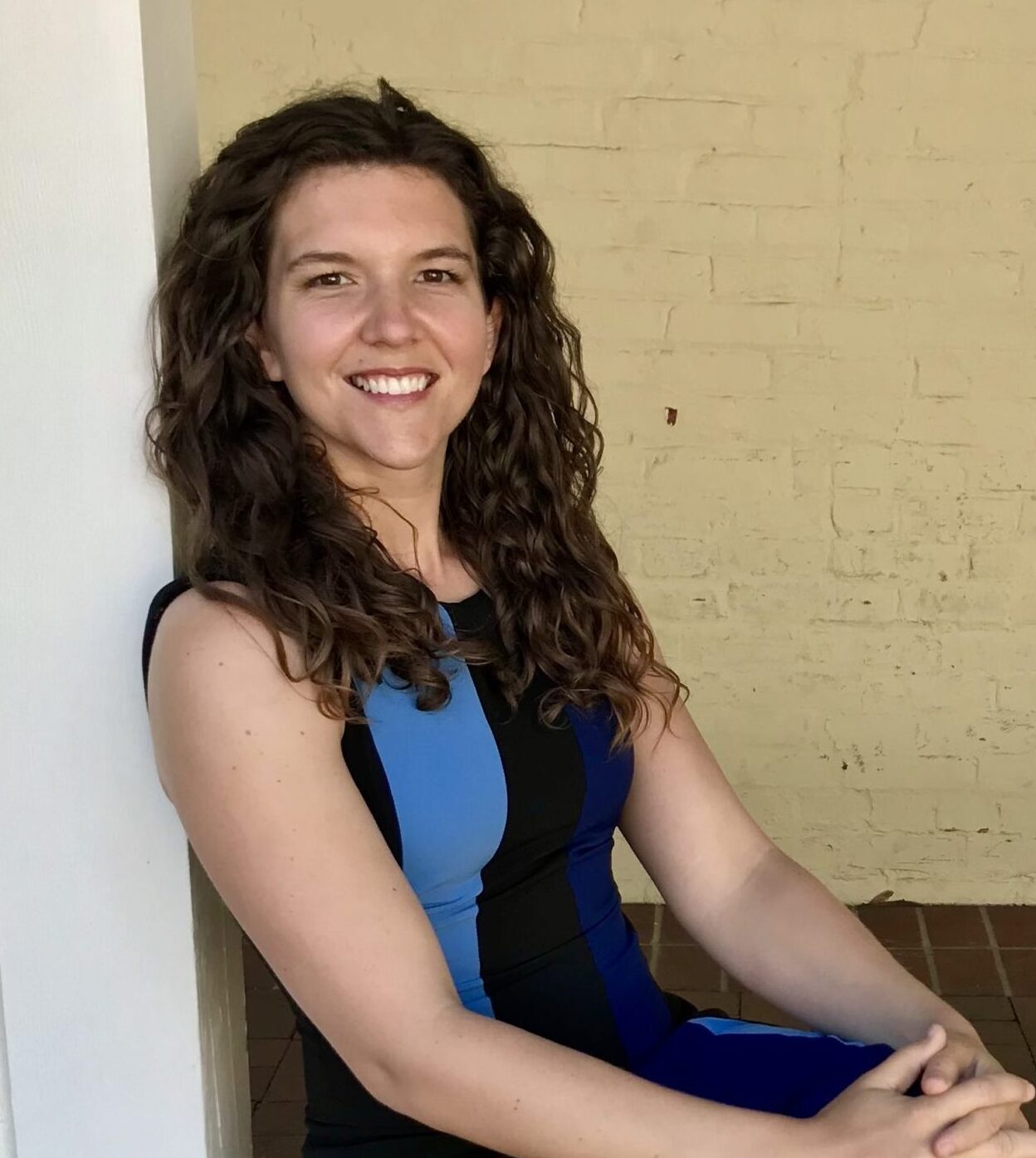
Dr. Carrie Townley-Flores
If your organization is interested in a collaborative research partnership, please fill out our ROAR Partner Interest Form or email our Director of Research & Partnerships, Carrie Townley-Flores. (ctflores@stanford.edu)